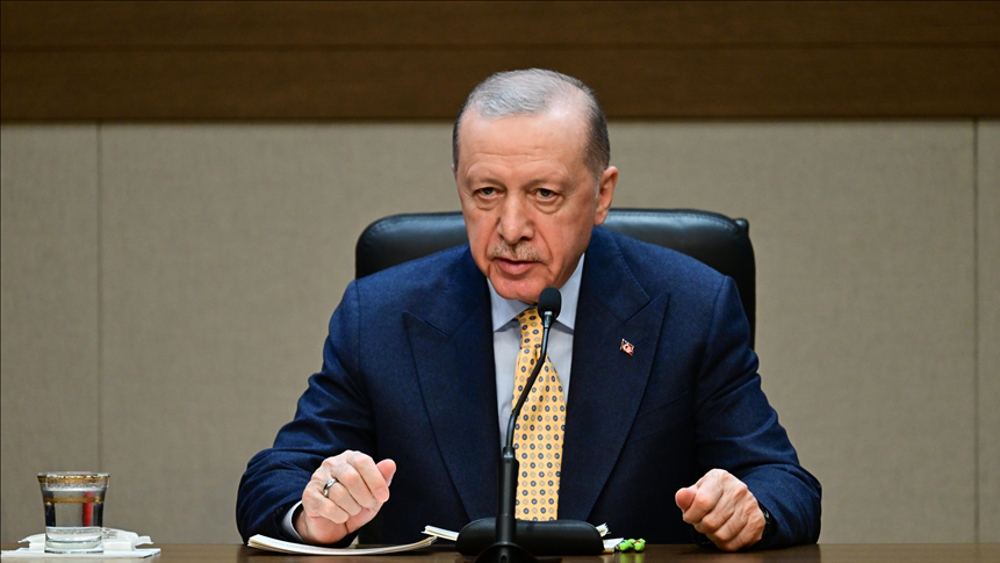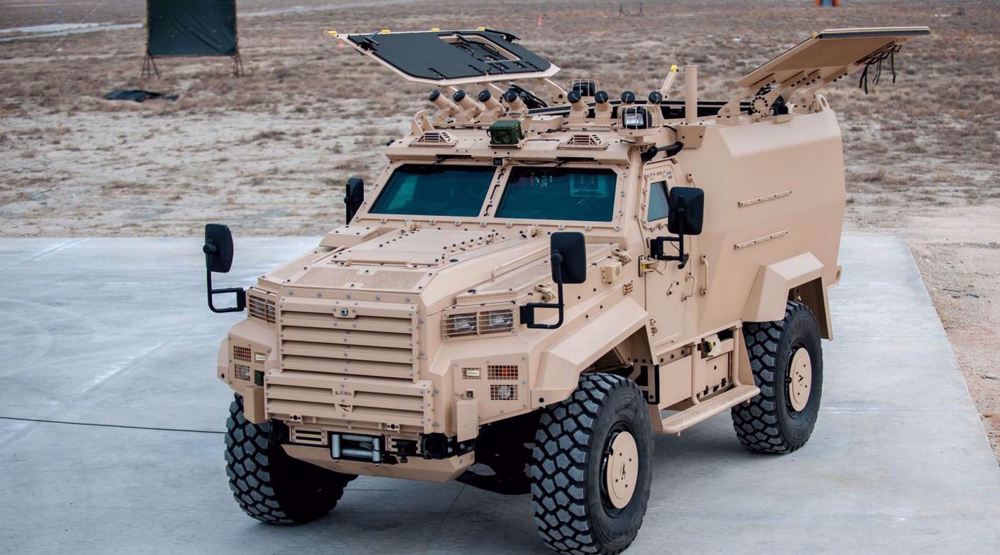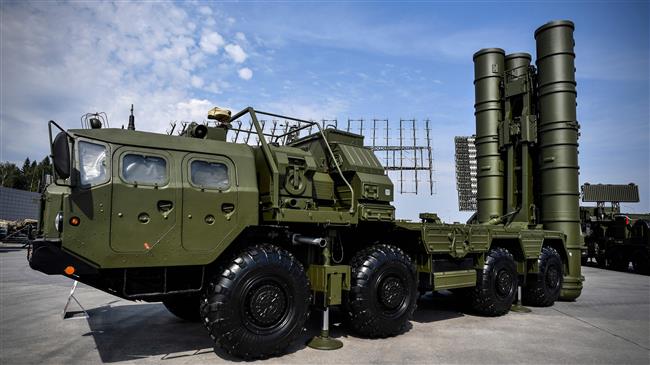Turkish military servicemen to travel to Russia for S-400 training in late May: Report
A Russian military source says Turkish military personnel are set to travel to Moscow later this month in order to participate in a training course on the operation of advanced S-400 air defense missile systems.
“At the end of May, around 100 Turkish servicemen will start training at a Russian military center on the use of the S-400 systems,” Russia’s TASS quoted the unnamed source as saying.
The source added that the training course “will last about five months.”
The Russian military source further highlighted that a regiment of S-400 missile defense systems is expected to be delivered to Turkey later this year.
Speaking in an exclusive interview with Turkish-language and nationwide Kanal 7 television network on May 5, Turkish Vice President Fuat Oktay said United States concerns as to Ankara’s purchase of S-400 systems from Moscow were not reasonable and added that Turkey would not back down.
"If Turkey decides that the S-400 is a decision they want to go forward with, then we have to move work out of Turkey," he said.
Oktay's comments came only two days after Acting US Defense Secretary Patrick Shanahan warned that the Pentagon will halt manufacturing support for the F-35 fighter jets in Turkey if Ankara does not abandon plans to buy the Russian missile defense system.
Shanahan noted that he had met delegations from US aerospace manufacturers Lockheed Martin and United Technologies to discuss options if Turkey refuses to take the measure.
The United States announced on April 1 that it would be suspending all “deliveries and activities” related to Turkey’s procurement of F-35 stealth fighter jets over Ankara’s plans to purchase the S-400s.
On April 24, Turkey Foreign Minister Mevlut Cavusoglu said his country will look elsewhere for an alternative to American F-35 fighter jets if Washington blocks the delivery of its advanced stealth warplanes to Ankara.
“We are already partners in the F-35 manufacturing program, we participate in this project, we have paid the necessary amount. There are currently no problems with this,” Cavusoglu said.
“But in the worst case scenario, we will have to satisfy our need in another place, where the best technologies will be offered,” he added.
Moscow and Ankara finalized an agreement on the delivery of the S-400 in December 2017.
Back in April 2018, Turkish President Recep Tayyip Erdogan and his Russian counterpart Vladimir Putin said in Ankara that they had agreed to expedite the delivery of the S-400. At the time, it was said that the delivery could be made between late 2019 and early 2020.
A number of NATO member states have criticized Turkey for its planned purchase of the S-400, arguing the missile batteries are not compatible with those of the military alliance.
They also argue that the purchase could jeopardize Ankara’s acquisition of F-35 fighter jets and possibly result in US sanctions.
The S-400 is an advanced Russian missile system designed to detect, track, and destroy planes, drones, or missiles as far as 402 kilometers away. It has previously been sold only to China and India.
Ankara is striving to boost its air defense, particularly after Washington decided in 2015 to withdraw its Patriot surface-to-air missile system from Turkish border with Syria, a move that weakened Turkey’s air defense.
Before gravitating towards Russia, the Turkish military reportedly walked out of a $3.4-billion contract for a similar Chinese system. The withdrawal took place under purported pressure from Washington.
Ankara’s ties with its Western allies in NATO have been strained over a range of other issues, including Washington’s support for Kurdish militants in Syria as well as the US government’s refusal to hand over Fethullah Gulen, a powerful opposition figure living in the US blamed for a coup attempt against Ankara in July 2016.
VIDEO | Press TV's news headlines
VIDEO | Iranian military's 'Zolfaqar' exercises continue in full swing
VIDEO | People’s Fair for Gaza fundraiser held in New York
Hamas: Netanyahu tampering with fate of Israeli captives
VIDEO | Kashmir pays homage to Hezbollah leaders
VIDEO | Trump's ethnic cleansing plan draws Palestinian supporters to Seoul rally
VIDEO | An insider's view of the country: Kashan City
Iran condemns ‘vicious act of Israeli terrorism against civilians’
























 This makes it easy to access the Press TV website
This makes it easy to access the Press TV website